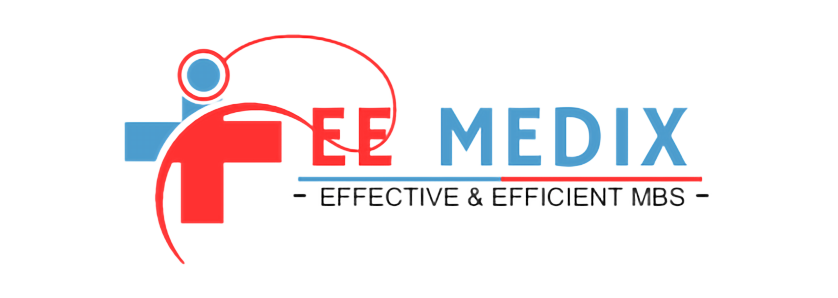In the fast-paced world of healthcare, Electronic Health Records (EHR) have emerged as a transformative tool for physicians. Physicians love EHR for the numerous benefits they bring to modern medical practice. In this comprehensive article, we will delve into the six compelling reasons why Physicians Love EHR and why they are becoming an integral part of modern medical practice.
1. Enhanced Patient Care and Safety
One of the foremost reasons why physicians are wholeheartedly embracing EHR is the significant improvement in patient care and safety. With EHR, healthcare providers can access a patient’s complete medical history at their fingertips. This accessibility allows for quicker and more accurate diagnosis and treatment decisions. Medication errors are minimized as EHR systems flag potential drug interactions, ensuring patient safety. Moreover, EHRs enable real-time monitoring of vital signs and laboratory results, providing an early warning system for potential health issues. Physicians can now provide personalized and timely care, reducing adverse events and ultimately saving lives.
2. Streamlined Workflow and Efficiency
Physicians have long battled with paper-based record-keeping systems that were time-consuming and prone to errors. EHRs have dramatically changed this landscape by streamlining workflow and enhancing efficiency. These systems facilitate easy documentation, automating tasks like medical charting, prescription orders, and appointment scheduling. This efficiency frees up more time for direct patient interaction and reduces administrative burdens, which is a boon for overburdened medical professionals.
3. Comprehensive and Accessible Information
A key reason physicians love EHRs is the accessibility and comprehensiveness of patient information. Gone are the days of flipping through stacks of paper records to find a patient’s medical history. With EHRs, all relevant data is centralized in one digital platform, making it readily available and easily searchable. Physicians can quickly access past diagnoses, lab results, medications, and treatment plans, leading to more informed decision-making. This quick access to vital information is invaluable, especially in emergency situations.
4. Better Communication and Collaboration
EHR systems promote seamless communication and collaboration among healthcare providers. They allow physicians to easily share patient data with specialists, nurses, and other team members involved in a patient’s care. This real-time exchange of information ensures that everyone is on the same page, leading to more coordinated and effective care. Physicians can consult with their peers and specialists, even if they are miles apart, which is a game-changer in the healthcare industry.
5. Compliance with Regulatory Requirements
In the ever-evolving landscape of healthcare regulations and standards, EHRs have become a crucial tool for physicians to stay compliant. These systems incorporate built-in features that help healthcare providers meet the requirements of organizations like the Health Insurance Portability and Accountability Act (HIPAA) and the Centers for Medicare & Medicaid Services (CMS). Physicians can effortlessly generate the necessary reports and documentation to ensure they are adhering to legal and regulatory standards.
6. Data Analytics and Improved Decision-Making
EHRs are treasure troves of data that can be harnessed for improving patient care and overall healthcare management. Physicians can use data analytics to identify trends, assess the effectiveness of treatments, and make data-driven decisions. This not only leads to better patient outcomes but also helps in optimizing resource allocation and cost-efficiency. With EHRs, physicians can track patient populations, measure performance, and adjust their practice strategies accordingly.
Wrapping It Up
In conclusion, Electronic Health Records (EHR) have brought about a paradigm shift in the way physicians practice medicine. The benefits of EHRs are not just hype; they are the reality of modern healthcare. Physicians love EHR for the enhanced patient care, streamlined workflow, comprehensive and accessible information, improved communication, regulatory compliance, and data-driven decision-making they provide. As the healthcare industry continues to evolve, EHRs will remain an essential tool, empowering physicians to provide better care, reduce errors, and improve patient outcomes.

